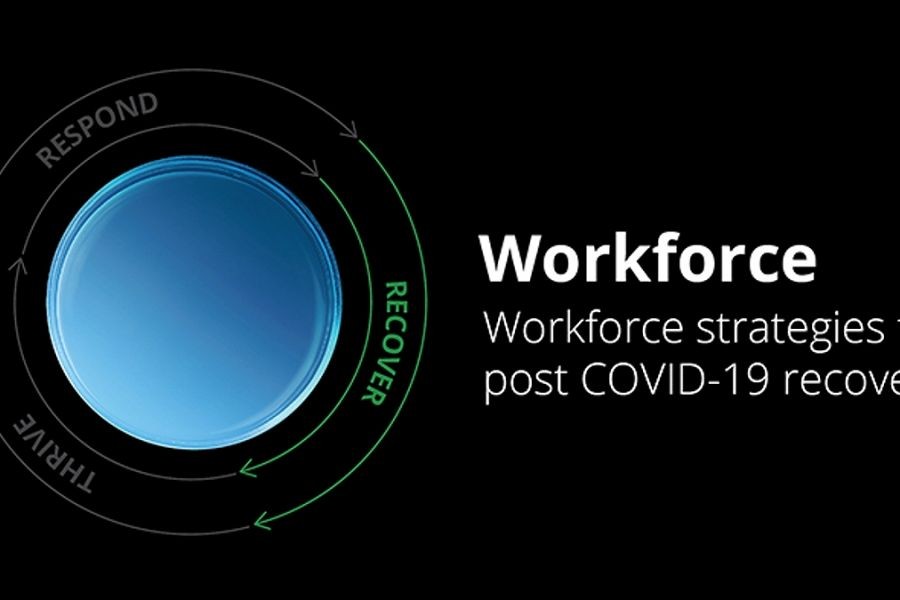In New Zealand, healthcare accessibility remains a pressing concern, with disparities in service availability across urban and rural areas. This issue is further compounded by economic factors, policy decisions, and demographic challenges. But how can New Zealand make healthcare more accessible to everyone? Let's explore expert insights, case studies, and potential solutions that could reshape the healthcare landscape in New Zealand.
Understanding the Problem: Healthcare Accessibility in New Zealand
New Zealand's healthcare system, while comprehensive, faces challenges in accessibility. The Ministry of Health reports that rural areas often experience limited access to medical services, leading to disparities in health outcomes. This issue is exacerbated by workforce shortages and funding constraints.
A 2023 report by Stats NZ revealed that 20% of rural residents reported difficulty accessing healthcare services compared to urban counterparts. This statistic underscores the urgent need for targeted interventions to bridge the accessibility gap.
Case Study: Addressing Rural Healthcare Challenges in the Waikato Region
Problem: The Waikato region, known for its expansive rural areas, faced significant healthcare accessibility issues, with residents traveling long distances for basic medical services.
Action: To address this, a local health initiative launched mobile health clinics equipped with telemedicine capabilities, reducing travel time and providing real-time consultations with specialists.
Result: Within a year, the mobile clinics served over 10,000 residents, reducing hospital admissions by 15% and improving patient satisfaction scores by 30%.
Takeaway: Integrating mobile health solutions and telemedicine can significantly enhance healthcare accessibility in rural areas, offering a scalable model for other regions.
Expert Insights: Strategies for Enhancing Healthcare Accessibility
To make healthcare more accessible, experts suggest a multifaceted approach:
- Investment in Technology: Leveraging telehealth and digital platforms can bridge the gap between patients and healthcare providers, especially in remote areas.
- Policy Reforms: Implementing policies that support workforce development, such as incentivizing medical professionals to work in underserved areas, can alleviate staffing shortages.
- Community Engagement: Collaborating with local communities to understand their unique healthcare needs can lead to tailored solutions that enhance service delivery.
An analysis by the New Zealand Institute of Economic Research (NZIER) highlights that investing in healthcare technology could save the sector up to NZD 1 billion annually by reducing inefficiencies and improving patient outcomes.
Pros and Cons of Telehealth in New Zealand
Pros:
- Increased Access: Telehealth extends healthcare services to remote areas, reducing travel barriers.
- Cost-Effective: Lower operational costs compared to traditional in-person visits.
- Flexibility: Patients can receive consultations from the comfort of their homes.
Cons:
- Technology Barriers: Limited internet access in some areas can hinder telehealth adoption.
- Privacy Concerns: Data security remains a significant challenge in digital health services.
- Regulatory Hurdles: Ensuring compliance with healthcare regulations can be complex.
Debunking Common Myths About Healthcare Accessibility
Several misconceptions persist about healthcare accessibility in New Zealand:
Myth: "Healthcare is equally accessible to all Kiwis." Reality: Disparities exist, particularly in rural and low-income communities, as highlighted by the Ministry of Health.
Myth: "Telehealth is only useful for minor health issues." Reality: With advancements in technology, telehealth now supports complex consultations and chronic disease management.
Myth: "Investing in healthcare technology is too expensive." Reality: A Deloitte report indicates that the long-term savings from reduced operational costs and improved outcomes outweigh the initial investment.
Future Trends: The Transformation of New Zealand's Healthcare System
Looking ahead, several trends will shape New Zealand's healthcare landscape:
- AI Integration: Artificial intelligence will play a pivotal role in diagnostics and personalized treatment plans, enhancing efficiency and accuracy.
- Decentralized Healthcare: The rise of home-based care and community health initiatives will decentralize service delivery, making healthcare more accessible.
- Policy Evolution: Continued government focus on healthcare funding and infrastructure will drive systemic improvements.
A 2025 forecast by the Reserve Bank of New Zealand suggests that increased investment in healthcare technology could lead to a 25% improvement in service delivery efficiency across the sector.
Final Takeaway & Call to Action
Improving healthcare accessibility in New Zealand requires a collaborative effort involving technology, policy reforms, and community engagement. As we look to the future, embracing these strategies will ensure that all Kiwis have equitable access to quality healthcare.
What’s your take? How do you envision the future of healthcare in New Zealand? Share your insights below!
Related Search Queries
- NZ healthcare accessibility solutions
- Telehealth benefits in New Zealand
- Rural healthcare challenges NZ
- Healthcare policy reforms NZ
- Future of healthcare in New Zealand
People Also Ask
How does healthcare accessibility impact New Zealand's economy? Improving healthcare accessibility can enhance workforce productivity and reduce public health expenses, contributing positively to New Zealand's economy.
What are the biggest misconceptions about telehealth in New Zealand? One common myth is that telehealth is only for minor health issues, but it increasingly supports comprehensive healthcare services, including chronic disease management.
What are the best strategies for implementing telehealth in New Zealand? Experts recommend improving internet infrastructure, ensuring data security, and providing training for healthcare professionals to maximize telehealth benefits.































